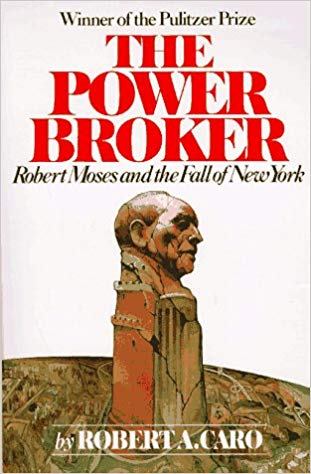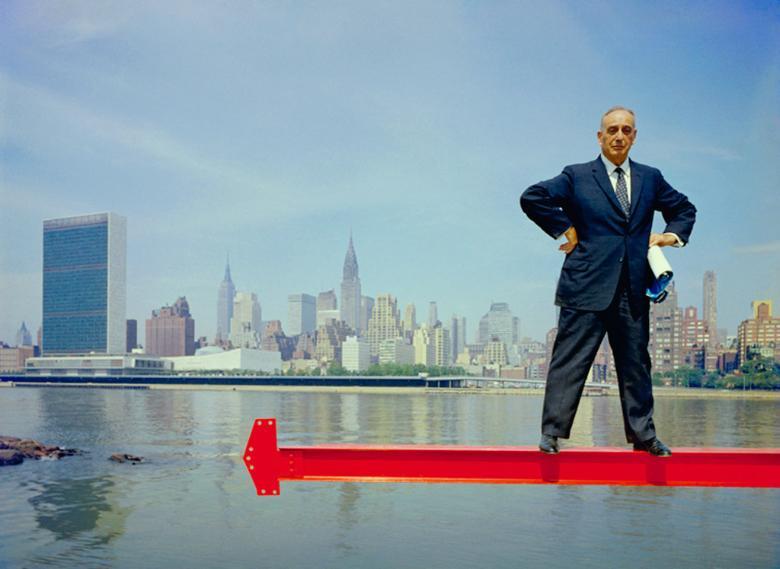Chapter 10 – The Best Bill-Drafter in Albany
Moses had learned the lessons of power. As a Reformer, he had advocated that only the legislature could approve budgets. The Heads of Departments could only recommend. However, as he was now a Head of Department, this would restrict his liberty. Therefore, Parks was to be an exception. Parks would therefore be an independent body with its own authority. The President’s term would be six years, three times the length of the Governor’s, and the Governor would be unable to dismiss him unless there was proven misconduct. His previous support for free and open debate. However, now, with the exception of Al Smith, nobody else would know what was in the enabling bill.

Hidden in the bill was the ability to acquire land by appropriation, i.e. by walking on the land and simply asking for it without redress or automatic compensation. Also, the naming of the main service roads as parkways rather than highways got around building restrictions as parkways were not previously mentioned in any highway laws. If the bill was passed, the Parks Commission, with Moses as its President, would have as much power as was contained in the New York City Charter.
There was not much interest in the bill when it went to the House in early 1924 and when it went up for vote it was nodded through unopposed. Moses and Smith ensured that the Commissioners elected would allow Moses to get on with the job, and at their first meeting, Moses was elected as Chairman.
Analysis & Key Takeaways
- If you do create a new authority, be sure to design it to your advantage. With any luck, no one will take the authority seriously at the start so that you can package it for maximum appeal. That’s precisely what Robert Moses did;
- Parkways were not mentioned in any highway laws; therefore you can simply skip around a technicality to gain more influence.
- Taking credit for other people’s work? Moses didn’t give credit to the employees who had done a lot of work to map out a restructuring of the bureaucracy in the Parks system. Moses was hilariously open to stealing another person’s idea; Moses actually claimed a guy who had written the vast majority of the plan for reorganizing the civil service actually plagiarized from Moses…Moses wanted to reorganize the civil service; creating state agencies;


